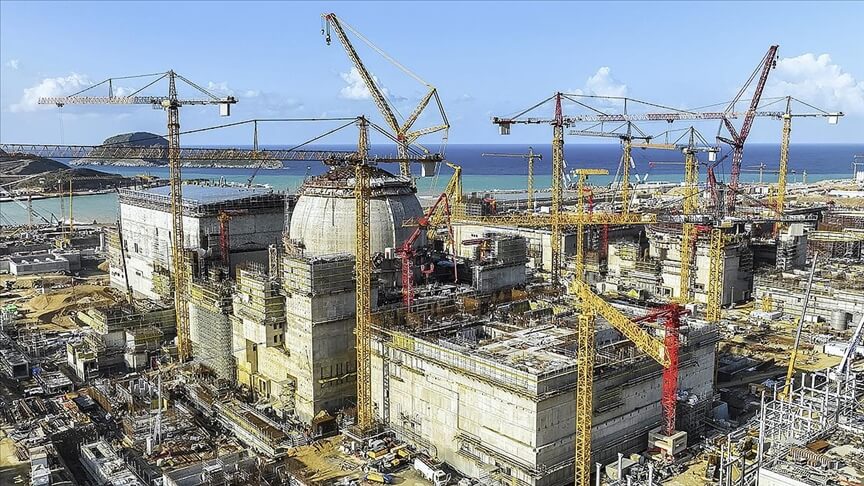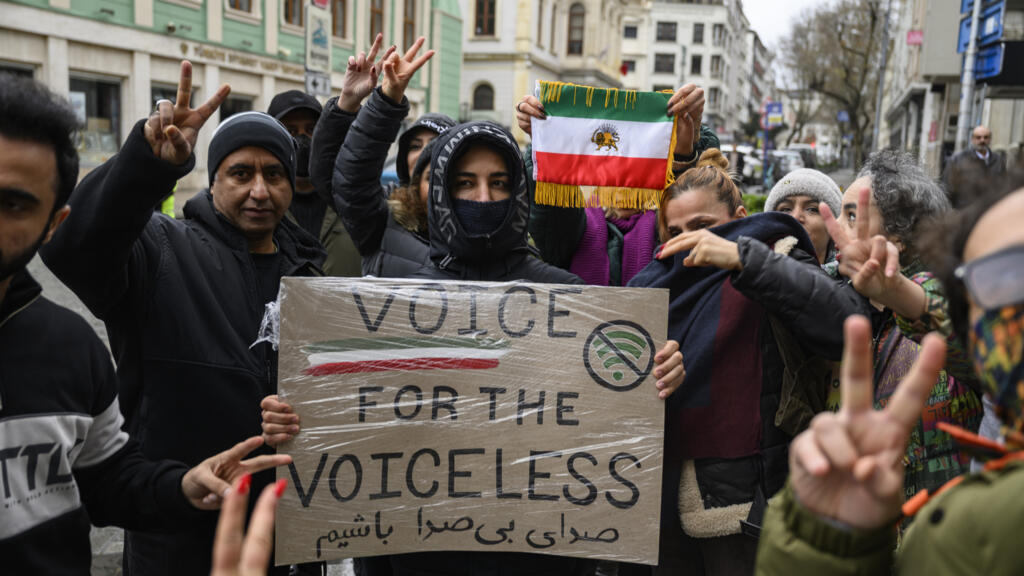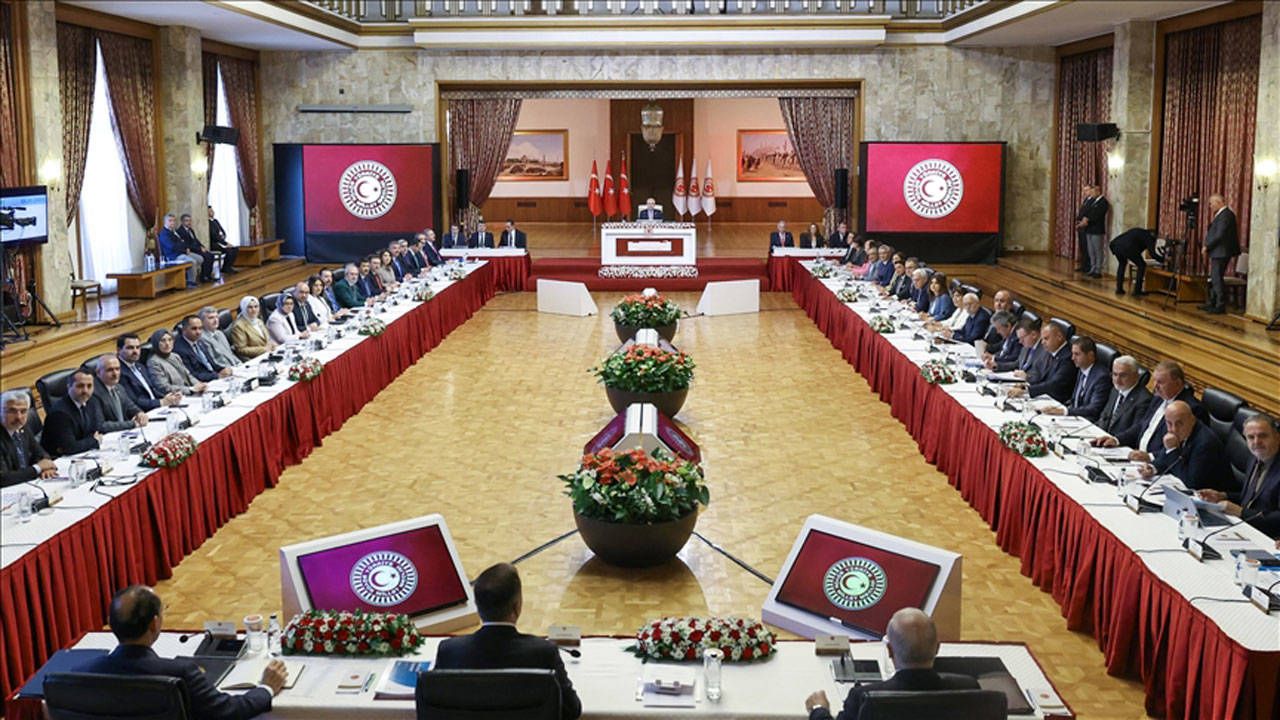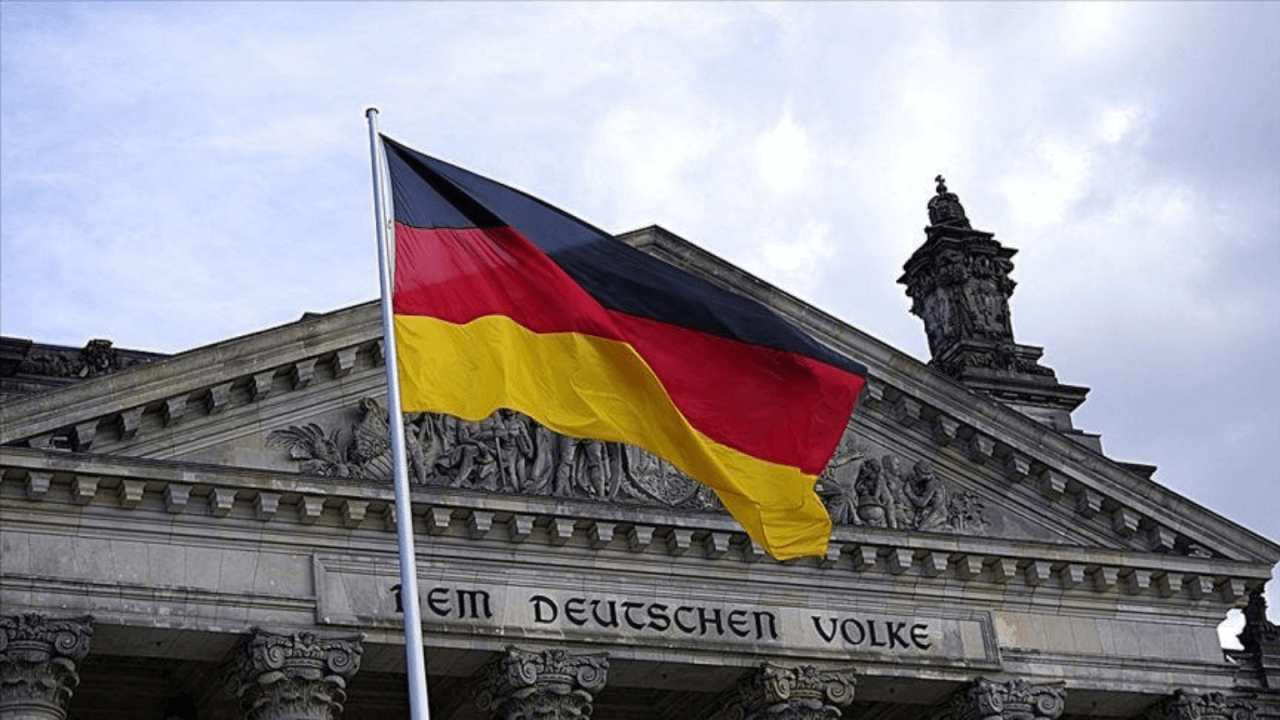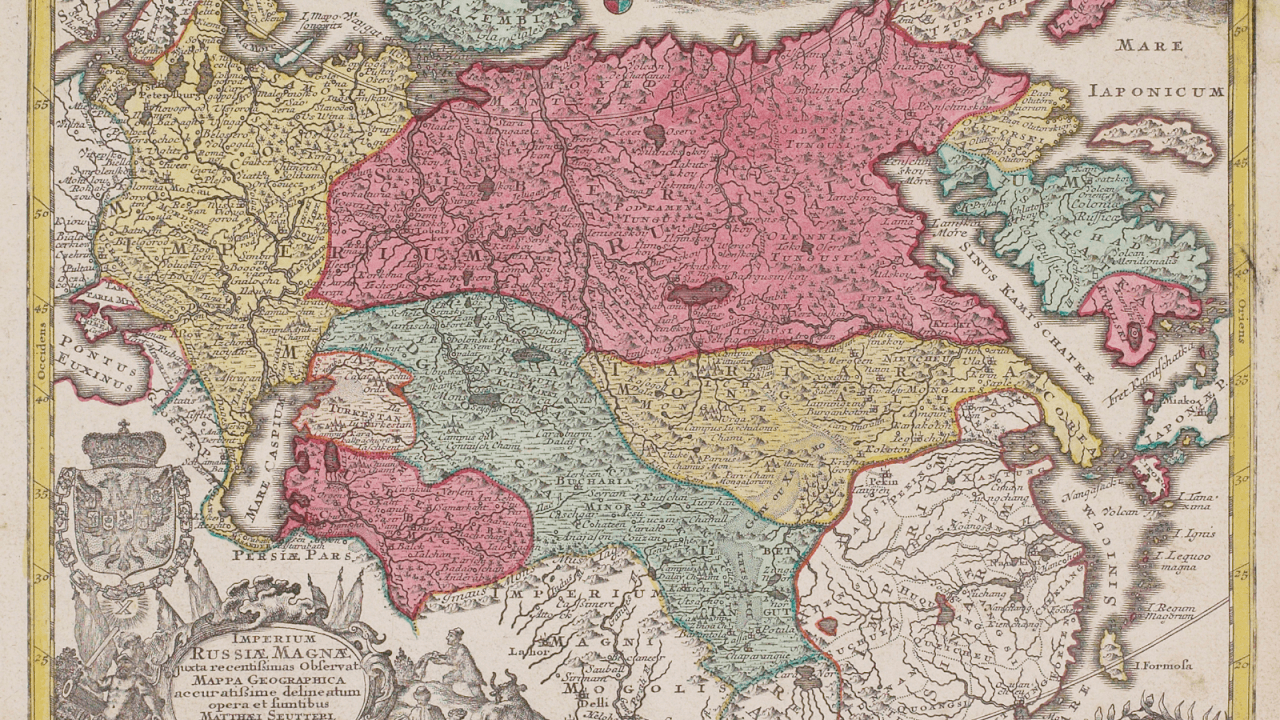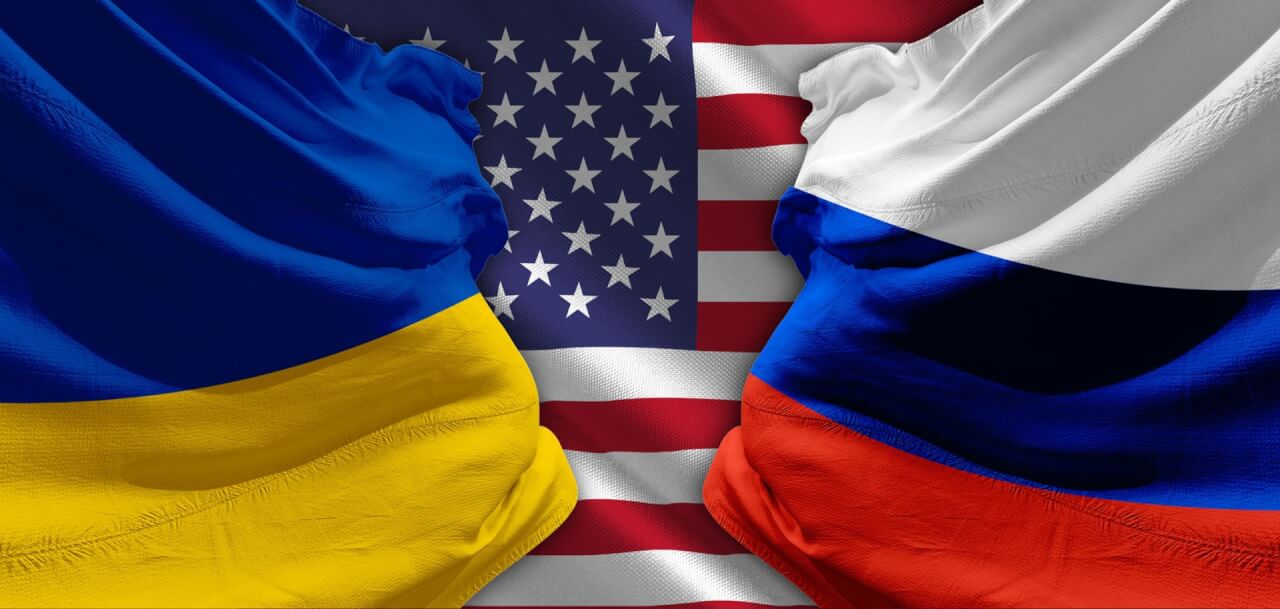Last week, during a live broadcast on Habertürk, journalist Faruk Aksoy put to me a short but piercing question. It was not just a passing television soundbite—it opened the door to a critical debate about Türkiye’s strategic future:
“Should Türkiye acquire nuclear weapons?”
This is not a question confined to military technology or defence doctrine. It extends into multiple layers: national security, energy policy, diplomacy, and even macroeconomic stability. Russia’s occasional use of tactical nuclear rhetoric in the Ukraine war, Iran’s enrichment of uranium to 60%, North Korea’s relentless missile testing, and Israel’s “silent nuclear” capability are making Ankara ask the question more openly.
The Global Nuclear Balance—and Türkiye’s Position
As of 2025, the world’s nuclear arsenal totals around 12,100 warheads. Russia holds roughly 5,580, the US 5,044, with the rest distributed among China (500+), France (290), the UK (225), Pakistan (170), India (164), Israel (80–90), and North Korea (50).
There is also a tier of states without nuclear weapons that nevertheless rely on the US “nuclear umbrella” for deterrence: South Korea, Japan, Germany, the Netherlands, Belgium, Italy—and Türkiye.
For Türkiye, that umbrella is embodied by the roughly 50 US tactical nuclear bombs believed to be stored at İncirlik Air Base—a fact never officially confirmed by NATO, but widely acknowledged in the security community.
Civil Nuclear Infrastructure: A Bridge to Military Potential?
Türkiye does not yet possess nuclear weapons. But according to the International Atomic Energy Agency (IAEA), it is taking steps that could one day place it within “nuclear threshold” territory:
- Akkuyu Nuclear Power Plant is due to bring its first reactor online in 2025, with all fuel supplied from Russia.
- The Sinop project lost its Japanese–French consortium; Rosatom and Chinese partners are now on the table.
- Thrace nuclear projects and Small Modular Reactor (SMR) initiatives are under discussion.
- Dozens of Turkish engineers are trained each year in Russia, China, France, and the US.
The critical gap is in the fuel cycle. Without domestic uranium enrichment or plutonium reprocessing capability, any military programme would be incomplete.
Türkiye’s Three Strategic Options
1. Passive Deterrence under NATO’s Umbrella
The lowest-cost path, but politically volatile—Washington–Ankara relations have been unpredictable, and ultimate nuclear decision-making rests outside Türkiye.
2. The ‘Nuclear Threshold’—Israel’s Model
Maintain technical capacity without public declaration.
This could avoid full sanctions while sustaining deterrence.
3. Open Nuclearisation—India/Pakistan Model
Maximises deterrence but risks severe sanctions, diplomatic isolation, and a regional arms race.
Regional Nuclear Saturation—and Türkiye’s Dilemma
Nuclear or near-nuclear states surround Türkiye:
- Russia: the world’s largest arsenal, projecting power from the Black Sea to Syria.
- Israel: 80+ warheads, Jericho missiles with 1,500 km range.
- Iran: despite Israeli–US strikes, still on the IAEA’s radar as a potential threshold state.
- Pakistan: capable of providing “nuclear guarantees” in the Middle East.
In such a neighbourhood, Türkiye’s lack of an independent deterrent could severely limit its leverage in a crisis.
Economic Costs and Sanction Risks
A fully independent programme could cost $40–50 billion over 5–10 years—covering not only warheads but delivery systems, storage, security, testing facilities, and command-and-control infrastructure.
The Iranian precedent is sobering: during the 2012–2015 sanctions period, GDP contracted by over 20%, oil revenues halved, and the rial lost 60% of its value.
Given that Türkiye spent $88 billion on energy imports in 2024 and paid ₺11.2 trillion in foreign debt interest in just the first half of this year, the shock of full-scale sanctions could be devastating.
Technology and Industry Side-Effects
A nuclear threshold strategy could bring collateral benefits:
- Advances in materials science and metallurgy.
- Integration with space and satellite technology.
- Acceleration in missile and rocket engineering.
- Cybersecurity and AI-based command-and-control systems.
Yet these benefits may not outweigh the speed and severity of economic collapse if sanctions bite hard.
Global Reaction Scenarios
- US/EU would oppose open nuclearisation outright; sanctions would hit finance, energy, and defence.
- Russia would see it as a direct security threat, especially from a NATO member.
- China would likely remain formally neutral but avoid enabling a US–Türkiye rupture.
- In the Middle East, a nuclear Türkiye, alongside Iran and potentially Saudi Arabia, could push Israel toward pre-emptive measures.
Historical Lessons
- South Africa dismantled its six warheads in the early 1990s, gaining stability and sanction relief.
- Ukraine surrendered its Soviet-era arsenal in 1994, only to see Crimea annexed in 2014 and further Russian invasion in 2022.
- Libya abandoned its programme in 2003; Gaddafi paid the price in 2011.
- North Korea endured sanctions but preserved its regime’s survival through its arsenal.
The lesson: nuclear decisions are as much about regime security and economic sustainability as about technical capability.
Conclusion: The Case for a Controlled Nuclear Threshold
The most rational path for Türkiye today may be to develop and maintain a controlled nuclear threshold:
- Complete civil nuclear projects quickly.
- Secure autonomy in the fuel cycle.
- Strengthen missile, air defence, and cyber capabilities.
- Keep the technical option ready—without ever officially declaring weapon status.
This approach will only gain acceptance if Ankara is perceived as reliable, treaty-abiding, and non-adventurist by Washington, Brussels, Moscow, Beijing, and regional capitals. Nuclear threshold policy is not just about engineering—it is about leadership engineering. Managed poorly, the costs will arrive long before the first warhead is built—through sanctions, capital flight, and diplomatic isolation.
And as the saying goes, in such a game, frightening the frog may simply not be worth the splash.

